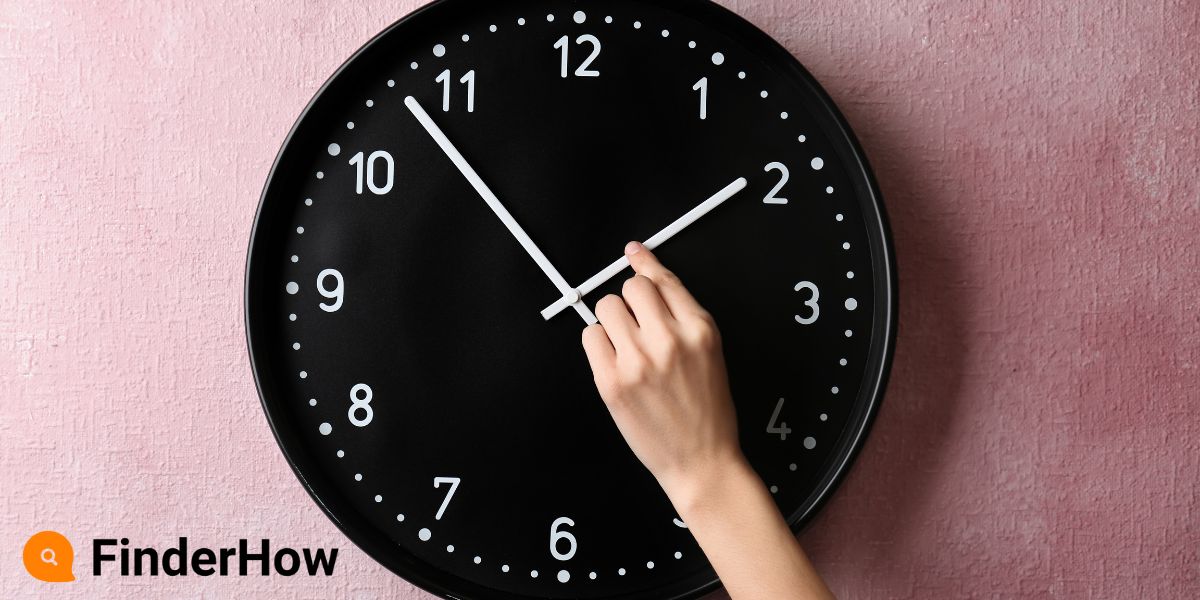Daylight Saving Time Health Hacks for a Smooth Transition
Did you know that the simple act of changing our clocks twice a year can disrupt our sleep patterns, mood, and overall well-being? Daylight Saving Time (DST) can leave us feeling sluggish, irritable, and out of sync. The good news is, you don’t have to suffer! This blog post will arm you with practical health hacks to navigate the time change, boost your well-being, and thrive during the adjustment period.
Understanding the Impact of Daylight Saving Time
- Disrupted sleep cycles: When we lose or gain an hour of sleep, it throws off our circadian rhythm the internal clock that regulates our sleep wake cycle. This can lead to difficulty falling asleep, staying asleep, and waking up feeling unrested.
- Mood swings: Changes in sleep patterns can also affect our mood, making us more prone to irritability, anxiety, and even mild depression.
- Decreased productivity: Fatigue and poor mood can negatively impact focus and work performance.
Daylight Saving Time Health Hacks
1. Prioritize Sleep

- Gradual adjustment: Start a few days before the time change by going to bed and waking up 15 minutes earlier (or later) each day.
- Maintain a consistent sleep schedule:** Stick to the same bedtime and wake-up time, even on weekends.
- Optimize your sleep environment:** Make your bedroom dark, quiet, and cool. Consider using blackout curtains or an eye mask.
2. Harness the Power of Light

- Morning sunshine: Get at least 15 minutes of direct sunlight in the morning. This naturally suppresses melatonin (the sleep hormone) and tells your brain it’s time to wake up.

- Avoid late-night screen time: The blue light emitted by electronic devices can suppress melatonin production, making it harder to fall asleep.
- Limit evening light exposure: Dim the lights and minimize screen time (phones, computers, TV) at least an hour before bed as blue light tricks your brain into thinking it’s daytime.
3. Nourish Your Body

- Hydration: Stay well-hydrated throughout the day with water and herbal teas.
- Balanced meals: Choose whole, nutrient-dense foods over processed ones.
- Limit caffeine and alcohol: These substances can disrupt sleep patterns.
4. Manage Stress and Mood

- Mindfulness and meditation: Take a few minutes each day to practice mindfulness or meditation. to reduce anxiety and improve mood.
- Gentle exercise: Physical activity can help you sleep better and de-stress. Opt for activities like walking, yoga, or light stretching.
- Talk to someone: If you’re feeling overwhelmed, reach out to a friend, family member, or mental health professional.
- It takes time: It might take a few days or even weeks to fully adjust to the time change.
- Listen to your body: If you’re feeling extra tired, take short naps or consider going to bed earlier for a few days.
- Adjust your workout time: If you usually work out in the evening, experiment with exercising in the morning to avoid the potential disruption to your sleep caused by exercising right before bed.
FAQ
- Q: When does Daylight Saving Time start and end?
- A:Typically, DST begins in mid-March and ends in November. Be sure to check the specific dates for your region.
- Q: What if I’m struggling to adjust?
- A: If you find the adjustment difficult, talk to your healthcare provider.
- Q: Are there any long-term health effects linked to DST?
- A: Research on this is ongoing, but some studies suggest links to increased cardiovascular risks.







